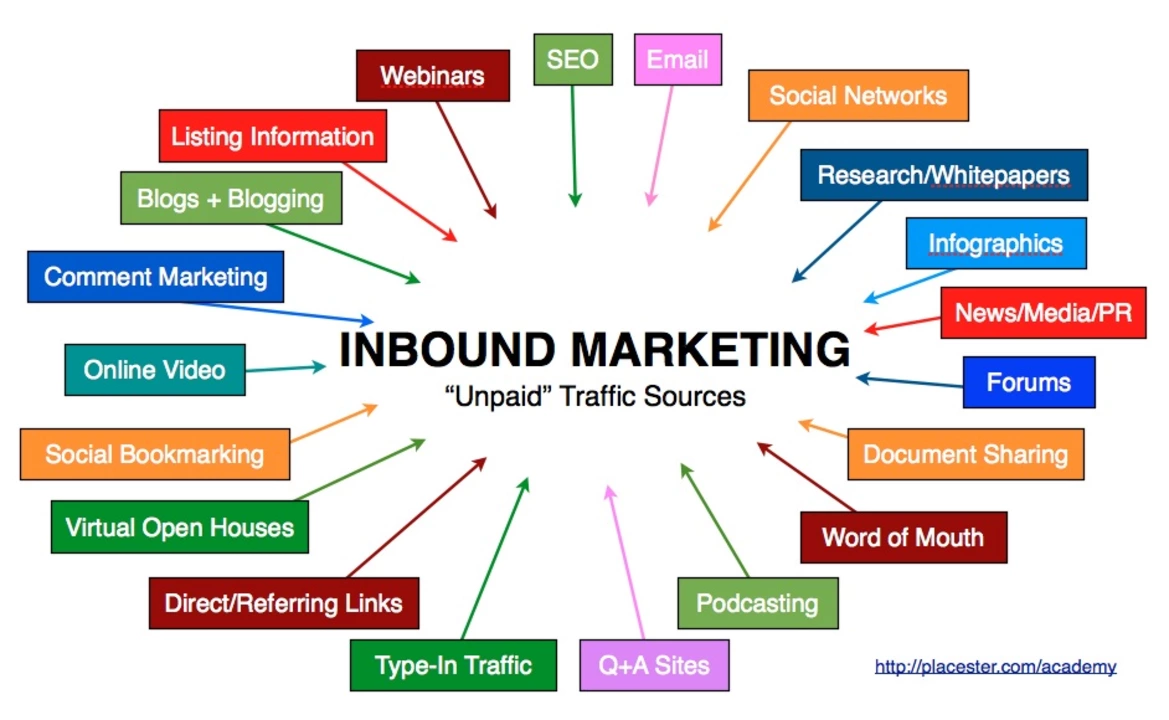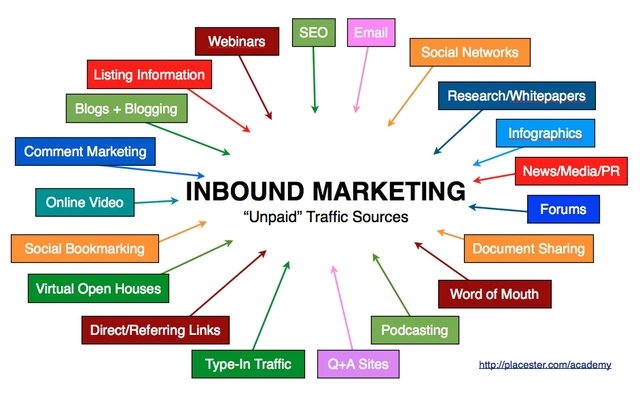Optimize Your Website for Search Engines
One of the most important things you can do to improve inbound marketing is to optimize your website for search engines. This means ensuring that your site is easily crawlable and indexable by search engines like Google, Bing, and Yahoo. To do this, make sure your website has a clear and logical structure, with a well-organized hierarchy of pages and links.
Additionally, you should use relevant keywords in your website's content, meta tags, and headings, as well as in the anchor text of internal and external links. This will help search engines understand what your site is about and improve its visibility in search results. It's also a good idea to create and submit an XML sitemap to search engines, as this can help them discover and index your site's pages more quickly and efficiently.
Create High-Quality, Engaging Content
Another key factor in inbound marketing is creating high-quality, engaging content that your target audience will find valuable and interesting. This can include blog posts, articles, whitepapers, videos, podcasts, and more. The more valuable and relevant your content is, the more likely it is that people will want to share it with others, which can help increase your website's visibility and attract more visitors.
When creating content, think about what your audience wants and needs, and try to address those needs in a helpful, informative, and engaging way. Be sure to use a conversational tone, as this can help create a more personal connection with your readers and make your content more enjoyable to read. And don't forget to include relevant keywords in your content, as this can help improve its visibility in search engine results.
Utilize Social Media to Promote Your Content
Social media is a powerful tool for inbound marketing, as it can help you reach a wider audience and drive more traffic to your website. Be sure to create and maintain profiles on popular social media platforms like Facebook, Twitter, LinkedIn, and Instagram, and use them to share your content with your followers.
When sharing content on social media, be sure to include a catchy headline, an attention-grabbing image, and a brief description that entices people to click through to your website. Also, consider using relevant hashtags, as this can help increase the visibility of your content and attract more followers. And don't forget to engage with your audience by responding to comments and questions, as this can help build a loyal community around your brand.
Implement Lead Generation Forms and CTAs
To convert website visitors into leads, it's important to have clear and compelling calls-to-action (CTAs) and lead generation forms on your site. CTAs can be placed in your blog posts, on your homepage, and throughout your site, encouraging visitors to take a specific action, such as downloading a whitepaper, signing up for a newsletter, or requesting a demo.
Lead generation forms should be simple and easy to complete, asking for only the most essential information (typically, name and email address). Be sure to include a privacy statement reassuring visitors that their information will be kept confidential and not shared with third parties. Also, consider using marketing automation tools to manage and nurture leads, as this can help improve conversion rates and ultimately drive more sales.
Utilize Email Marketing to Nurture Leads
Email marketing is another essential component of inbound marketing, as it allows you to nurture leads and stay top-of-mind with your audience. To make the most of email marketing, be sure to build an opt-in email list by offering valuable content and incentives in exchange for visitors' contact information.
When crafting your email campaigns, focus on providing value to your subscribers through helpful tips, exclusive offers, and relevant content. Be sure to personalize your emails whenever possible, as this can help improve open and click-through rates. And, of course, always adhere to best practices for email marketing, such as using attention-grabbing subject lines, maintaining a clean and responsive email design, and including clear and compelling CTAs.
Track and Measure Your Inbound Marketing Efforts
In order to continually improve your inbound marketing efforts, it's important to track and measure your results. This can help you identify which strategies are working well and which ones may need to be adjusted.
Some key metrics to monitor include website traffic, conversion rates, time on site, bounce rate, and social media engagement. Google Analytics is a great tool for tracking these metrics, as it provides detailed insights into your website's performance and visitor behavior. Additionally, use tools like social media analytics and email marketing analytics to measure the success of your campaigns on those platforms.
Optimize Your Website for Mobile Devices
With more and more people using their mobile devices to browse the web, it's crucial that your website is optimized for mobile users. This means ensuring that your site is responsive and displays properly on all types of devices, including smartphones and tablets.
Mobile optimization not only improves the user experience but also helps improve your site's search engine rankings, as Google and other search engines prioritize mobile-friendly sites in their search results. To ensure your site is mobile-optimized, use tools like Google's Mobile-Friendly Test to identify any issues and make the necessary adjustments.
Encourage User-Generated Content and Reviews
User-generated content (UGC) and reviews can play a significant role in boosting your inbound marketing efforts, as they help build trust and credibility with your audience. Encourage your customers and followers to share their experiences with your brand on social media, review sites, and your website.
To encourage UGC, you can create social media contests, ask for testimonials or case studies, or simply engage with your audience and request their feedback. Don't forget to share and showcase this content on your website and social media channels, as this can help attract more visitors and build a stronger brand reputation.






